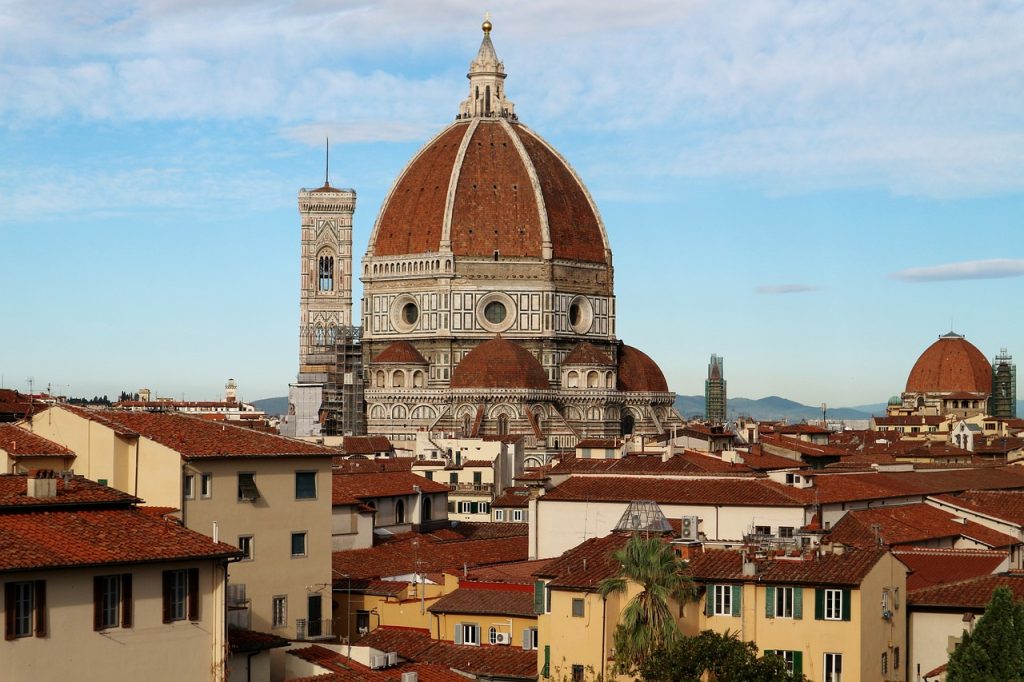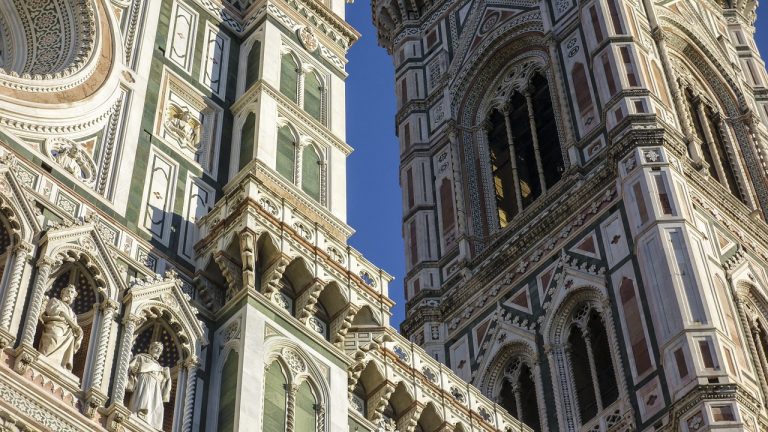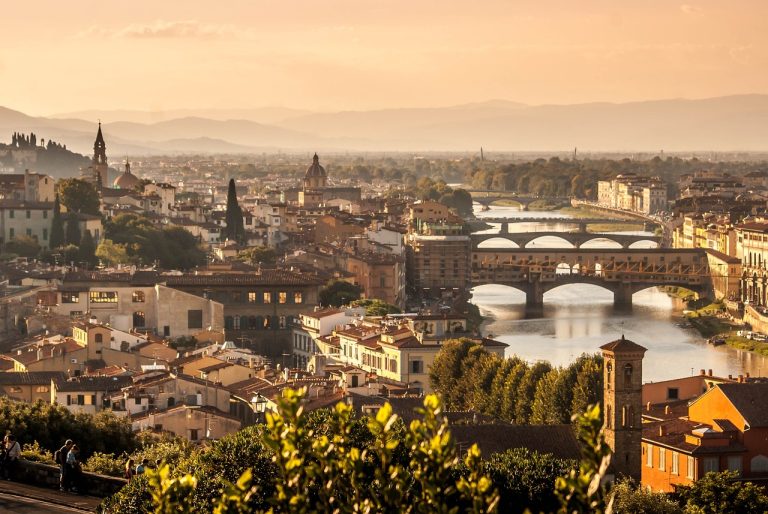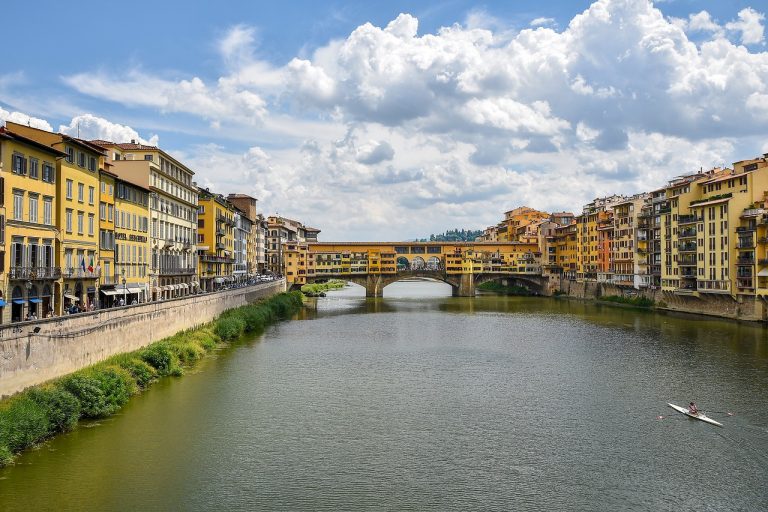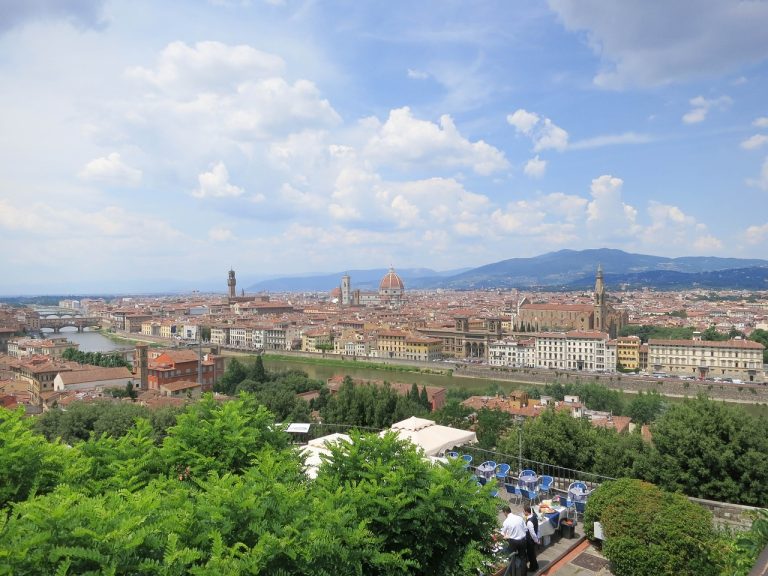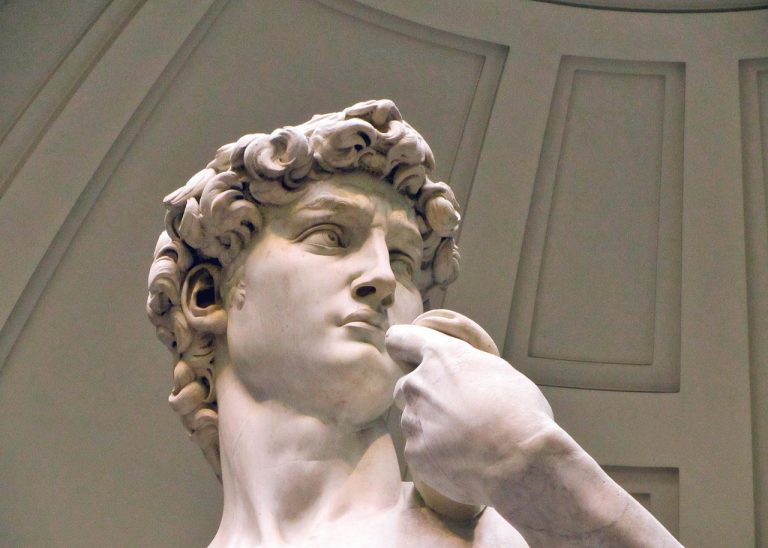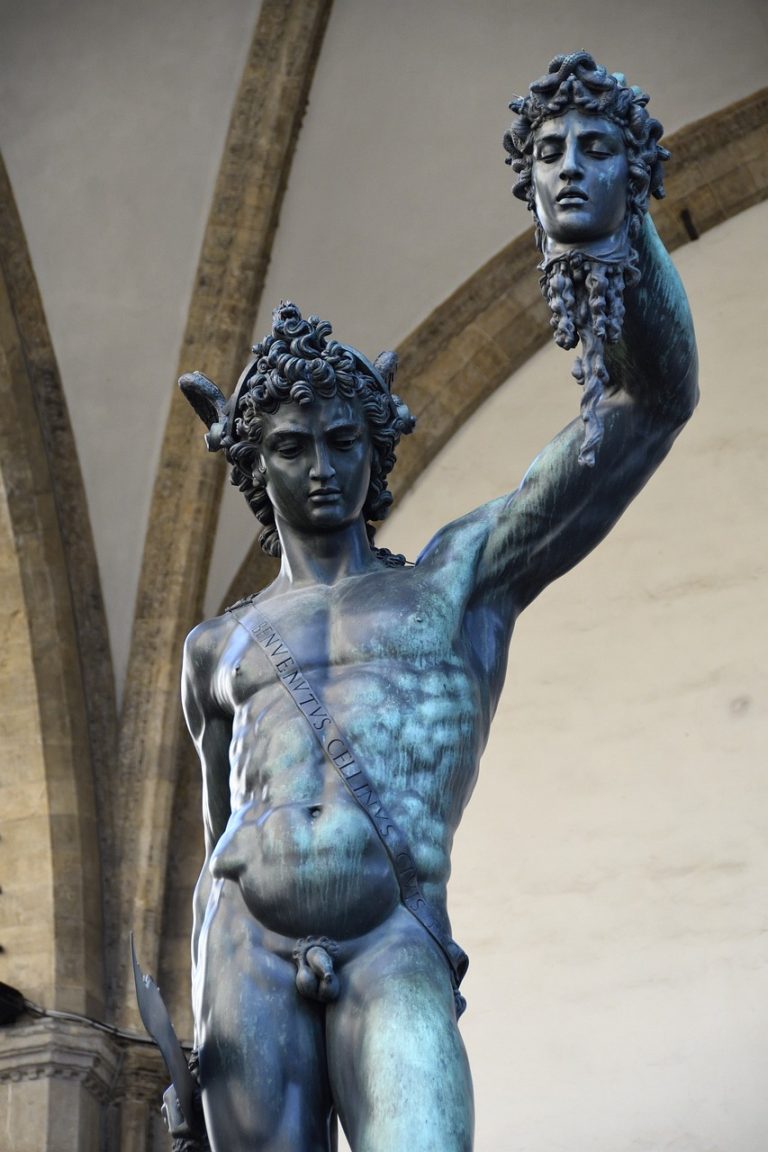Florence Italy Video
The Renaissance Birthplace
Florence, Italy, known as the birthplace of the Renaissance, is a city rich in cultural history. Located in the heart of Tuscany, Florence has been a center of art, literature, and architecture for centuries. Its contributions to the cultural evolution of Italy and Europe are immeasurable. Let’s explore the fascinating journey of Florence’s cultural evolution.
- Piazza del Duomo: The iconic Piazza del Duomo is home to Florence’s most famous landmarks, including the breathtaking Florence Cathedral (Duomo), Giotto’s Bell Tower, and the Baptistery of St. John. These architectural marvels showcase the city’s medieval and Renaissance heritage.
- Ponte Vecchio: The Ponte Vecchio, a medieval stone bridge over the Arno River, is renowned for its unique shops built along its span. Originally occupied by butchers, the bridge now houses jewelry stores and art galleries. Its picturesque charm has made it a symbol of Florence.
- Uffizi Gallery: The Uffizi Gallery is one of the oldest and most famous art museums in the world. It houses an extensive collection of Renaissance masterpieces, including works by Botticelli, Leonardo da Vinci, and Michelangelo. Art enthusiasts flock to the Uffizi to witness these cultural treasures.
- Palazzo Pitti: The Palazzo Pitti, a grand Renaissance palace, served as the residence of the powerful Medici family. Today, it houses several museums and galleries, such as the Palatine Gallery and the Boboli Gardens, showcasing exquisite art and stunning gardens.
- Accademia Gallery: The Accademia Gallery is home to one of the most famous sculptures in the world, Michelangelo’s David. This masterpiece attracts visitors from all over the globe who come to admire its beauty and craftsmanship.
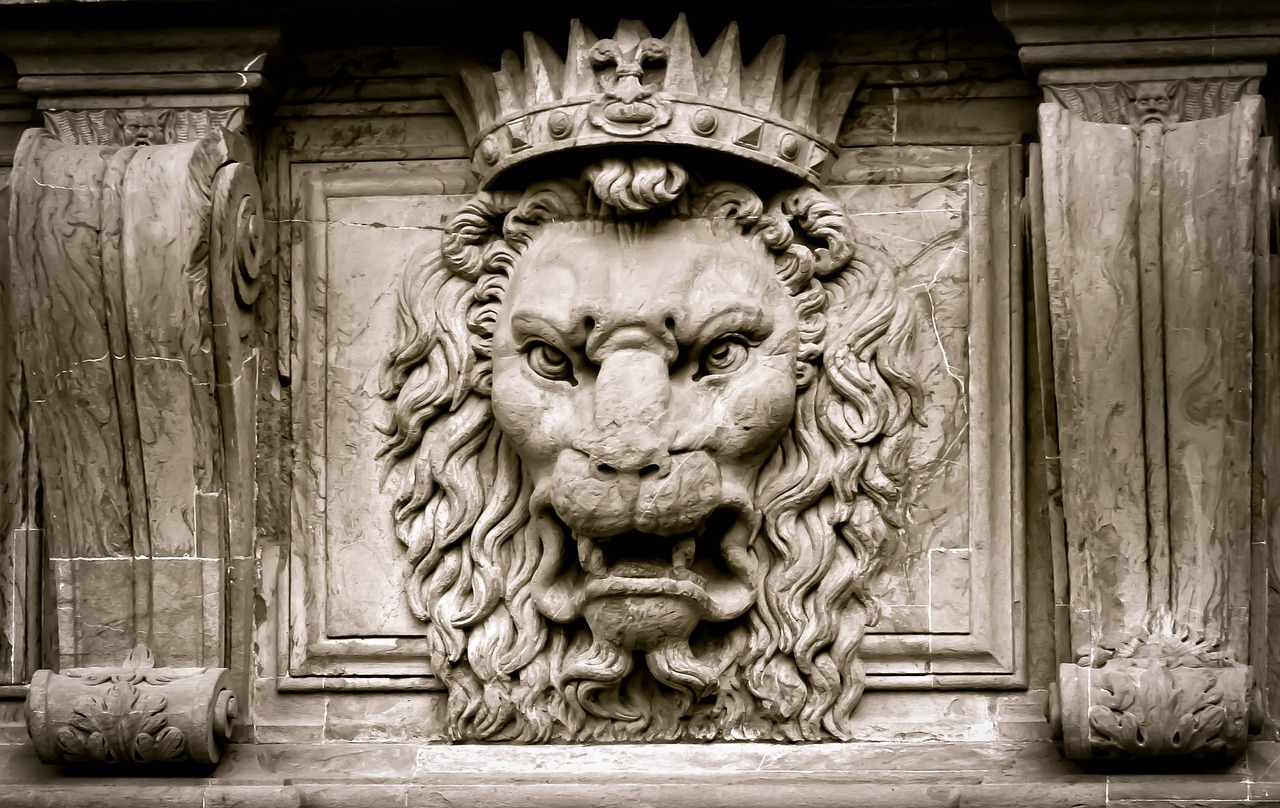
The Birth of Humanism
Florence played a pivotal role in the birth of Humanism, a cultural and intellectual movement that emphasized the importance of human values, achievements, and potential. Humanism sought to revive the knowledge, literature, and philosophy of ancient Greece and Rome. Florence became a hub for scholars, philosophers, and artists who embraced this movement.
- Medici Family: The Medici family, one of the most influential families in Florence, played a crucial role in supporting the arts and sciences. They provided patronage to renowned artists and scholars, fostering an environment conducive to intellectual and artistic growth.
- Leonardo da Vinci: Leonardo da Vinci, the epitome of a Renaissance polymath, resided in Florence during his early career. His contributions to art, science, and engineering exemplify the spirit of Humanism. His iconic works, such as The Last Supper and the Mona Lisa, continue to captivate audiences worldwide.
- Humanist Literature: Florence became a center for humanist literature, with figures like Dante Alighieri and Petrarch leading the way. Dante’s Divine Comedy and Petrarch’s sonnets are considered masterpieces of Italian literature, showcasing the intellectual depth of Florence’s cultural elite.
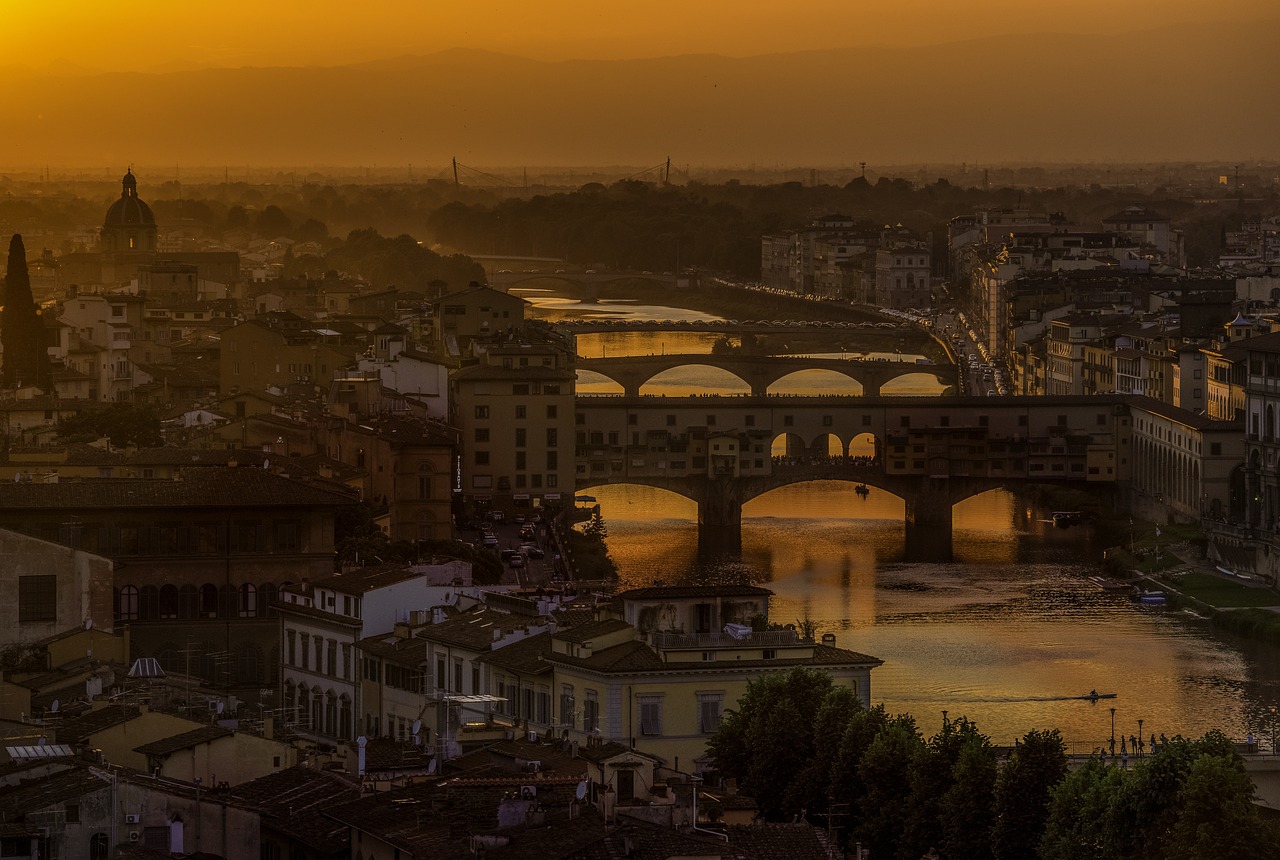
The Florentine Renaissance
The Florentine Renaissance marked a period of extraordinary artistic and intellectual advancements. Florence became a haven for creative minds, fostering innovation and producing some of history’s greatest masterpieces.
- Brunelleschi’s Dome: Filippo Brunelleschi’s engineering marvel, the dome of the Florence Cathedral, is a testament to the ingenuity of the Renaissance period. Its construction revolutionized architectural techniques and remains an iconic symbol of Florence’s artistic prowess.
- Botticelli’s Birth of Venus: Sandro Botticelli’s renowned painting, the Birth of Venus, encapsulates the beauty and grace of the Renaissance. This masterpiece, depicting the birth of the goddess Venus, exemplifies the era’s fascination with mythology and human form.
- Michelangelo’s Sistine Chapel: While Michelangelo’s Sistine Chapel is located in Vatican City, his roots in Florence heavily influenced his artistic style. His sculptures, such as the David and the Pietà, showcase his mastery of anatomy and his ability to convey emotion through stone.
- Machiavelli’s The Prince: Niccolò Machiavelli, a Florentine political philosopher, wrote The Prince, a seminal work on political power and leadership. This influential book revolutionized political thought and remains a significant contribution to political theory.
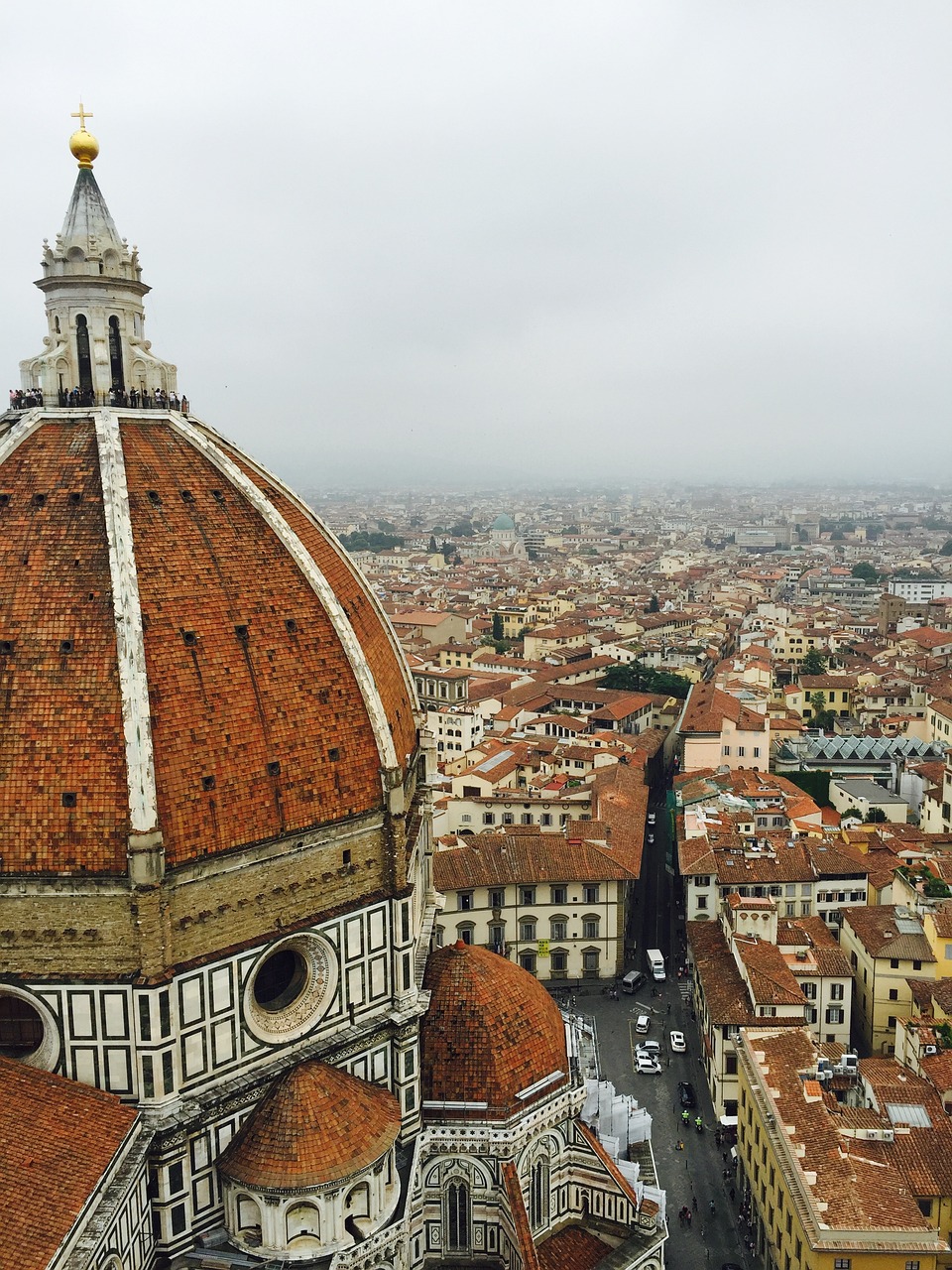
The Age of Enlightenment
During the Age of Enlightenment, Florence continued to be a center of intellectual and artistic pursuit. The city witnessed a flourishing of ideas, scientific advancements, and cultural exchanges.
- Galileo Galilei: Galileo Galilei, a renowned physicist, astronomer, and mathematician, called Florence his home. His revolutionary discoveries, such as the telescope and the laws of motion, challenged traditional beliefs and laid the foundation for modern science.
- Opera: Florence played a significant role in the development of opera. The birthplace of opera, the city saw the creation of the Camerata Fiorentina, a group of intellectuals and musicians who pioneered the genre.
- Enlightenment Philosophers: Florence attracted Enlightenment philosophers, including Cesare Beccaria and Giovanni Battista Vico. Their works on law, criminology, and philosophy contributed to the intellectual enlightenment of Europe.
Florence Today
Today, Florence continues to thrive as a cultural and artistic hub. Its rich heritage, preserved in its museums, architecture, and traditions, attracts millions of visitors each year.
- Modern Art: Florence is not only a custodian of Renaissance art but also embraces contemporary art. The Strozzina Center for Contemporary Culture and the Marino Marini Museum showcase modern works, bridging the gap between tradition and innovation.
- Cuisine: Florence’s culinary scene is renowned for its traditional Tuscan dishes. From succulent bistecca alla fiorentina (Florentine steak) to delectable ribollita (vegetable soup), the city offers a gastronomic journey through Tuscan flavors.
- Fashion: Florence has a rich fashion history, with renowned designers such as Gucci and Salvatore Ferragamo originating from the city. The Pitti Immagine fashion events held in Florence attract global attention and celebrate Italian style.
Conclusion
Florence, Italy, stands as a testament to the power of cultural evolution. From its pivotal role in the Renaissance to its contributions to humanism, art, and science, Florence’s impact on the world cannot be overstated. The city’s rich heritage continues to inspire and captivate visitors from all corners of the globe.
References
- britannica.com
- uffizi.it
- accademia.org
- palazzopitti.it
- visitflorence.com

